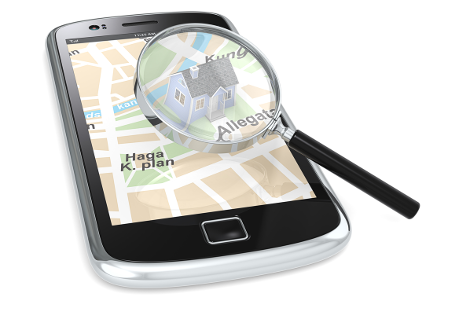At the 2005 GSM Congress in Cannes, T-Mobile chief executive Rene Obermann appeared on the billing wearing two hats: once as the head of his own operation, and once as the chairman of the FreeMove Alliance. Obermann’s presence at the congress marked the first major public statement by FreeMove senior executives, since the project was unveiled in April 2004.
FreeMove was established as a counterweight to the growing global empire being established by mobile operator Vodafone. Alliance members have been developing a common approach for issues such as access to voicemail and directory services for roaming users and more transparent terms and pricing – moves intended to appeal to the multinational corporate.
|
||
What the alliance has yet to do, however, is announce lower charges for customers who roam from one FreeMove member company to another.
One of the key attractions of Vodafone’s international proposition is lower charges for users travelling overseas – as long as they are using voice or data services on another part of the Vodafone network.
The other task for the Alliance is to ensure that subscribers roaming on a partner network find it as easy to access voice or data services as they do when at home. Again this is an area where Vodafone has made a direct appeal to the corporate market.
FreeMove board member and head of alliances at T-Mobile, Scott Beaumont defends FreeMove’s apparently slow progress. He concedes that some co-ordination work will always take longer in an alliance. “The complexity of making sure roaming is working is very easy to underestimate,” says Beaumont.
“Making sure we have seamless roaming with all 21 [countries] represented by FreeMove produces quite a complex matrix of work to do,” he says.
But he suggests that while the various stakeholders might make initial moves slower, the participation of the numerous mobile operators will foster greater innovation for customers.
Indeed, some developments at FreeMove may appear to have no immediate impact on the end user, such as co-operation on handset sourcing: the results of this may only become fully apparent as the networks increase their range of third generation (3G) handsets. Nonetheless, FreeMove has produced two concrete initiatives so far, targeted at the large enterprise.
The first is described by the alliance as “simple and predictable” roaming. Multinational companies will benefit from a simple geographical zoning structure for mobile calls overseas. The cost of calls will be the same, regardless of the network a subscriber roams on to.
The second initiative is a single, fixed price tariff for the popular Blackberry handheld device. Most Blackberry users in Europe already pay a fixed price to use the Blackberry for email in their own countries. FreeMove is extending this, by offering a single Blackberry tariff across the alliance’s countries, including the UK, France, Italy and Spain.
FreeMove is not disclosing its Blackberry roaming pricing and, so far, is only targeting the largest multinational companies for the new tariffs. However, its members say they intend to extend similar services to smaller businesses and to individual mobile phone users. Fixed price or inclusive deals are also under consideration for voice and data calls. “So-called bucket pricing is still two to three steps away,” says Beaumont. “But making roaming more attractive is at the forefront of our minds.”
The challenge facing FreeMove is to convince business users that ‘attractive’ roaming delivers real value, says Jeremy Green of telecoms analyst Ovum. As Green points out, FreeMove members and executives talk a lot about simplicity and transparency. They have not, though, said that FreeMove will be automatically cheaper than its rivals Early indications are that the alliance members have some way to go if they are going to be able to compete head-on with Vodafone in the profitable international roaming market.
Based on public pricing, Vodafone has substantially cheaper data roaming tariffs than FreeMove members Orange and T-Mobile. Vodafone charges £5.80 per MB for General Packet Radio Services (GPRS) roaming on its German network, against a charge to Orange customers in Germany of £10 per MB and for T-Mobile UK, £7.50.
Businesses with centrally negotiated contracts should, of course, be able to arrange better rates. Given the complexity of mobile tariffs, there could also be other, cheaper deals. But a quick search on the Internet shows that although roaming tariffs for voice and data vary widely between networks, on publicly published tariffs at least, Vodafone comes out ahead.
Green points out that FreeMove will have to make some concrete proposals on pricing if it is to persuade enterprises that it really can compete head on with Vodafone’s international network. The next few months will determine whether FreeMove lives up to its promise.










